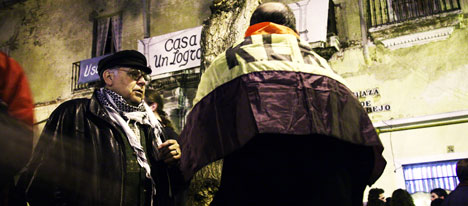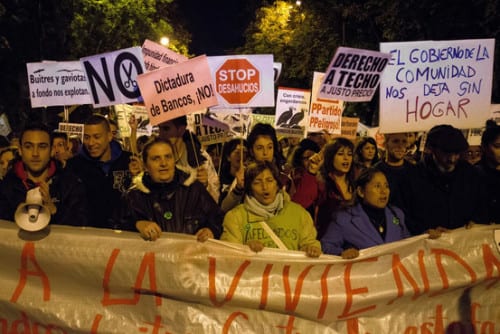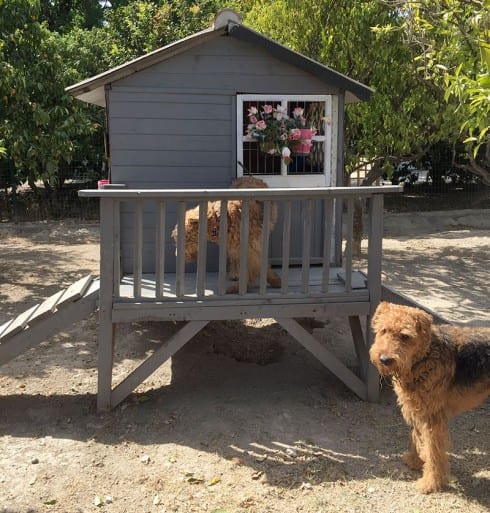
ACCORDING to most dictionaries, a squatter is deemed a “person who unlawfully occupies an uninhabited building or unused land, which he does not own, rent or otherwise occupy lawfully”.
In Spain, the neologism “okupa” (the “k” as a opposed to a “c” was introduced to express transgression) was created in the in the 1980s to refer to the occupation of abandoned buildings and other real estate, both as a necessity but also as a means to denounce the inequalities of the political system.
Legally speaking, the activities of an “okupa” or squatter are not protected by the law, other than those granted to beneficiaries of adverse possession once the term has expired (30 years in a property with registered title).

On the contrary, squatters face anything from a 3 month fine to up to 4 years in jail, depending on whether violence was used or if it was the owner’s habitual domicile, as described in the Spanish Criminal Code:
Article 202
The individual who, without being resident therein, enters the dwelling of another, or were to remain therein against the will of its dweller, shall be publishable with a sentence of imprisonment of six months to two years.
Should the act be perpetrated with violence or intimidation, the punishment shall be imprisonment from one to four years.
Article 245
Whoever, by means of violence or intimidation of persons, occupies real property or usurps a right in rem over real property pertaining to another, in addition to the penalties incurred for the violence committed, shall have a sentence of imprisonment from one to two years imposed; that shall be set taking into account the utility obtained and the damage caused.
Whoever occupies a property, dwelling or building pertaining to another that are not a dwelling, without due authorization, or who remains there against the will of their owner, shall be punished with the penalty of a fine from three to six months.
How effective is this legislation? Statistics show that there are few criminal cases open for this as it is difficult to identify which person was responsible for the specific criminal offence of initially occupying the property. However, it happens that other offences could be committed in the process, such as illegal connection to supplies, damage to property, threats, resisting arrest etc.
Conversely, civil action is always effective although can be slow and costly. But whether through civil or criminal action, our advice is to always go through the Courts –no matter how frustrating this can be- to avoid an awful victim-turn-offender situation!










